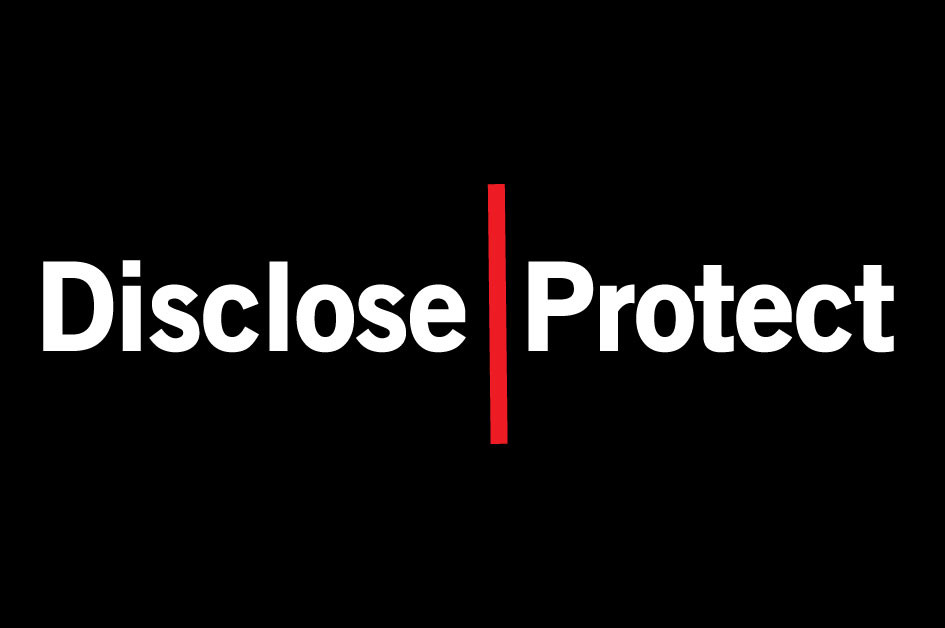 Print
Print
For many years, governmental bodies and some commercial companies have had a responsibility to provide information conveniently to the public. Specifically, under Open Records Acts, Freedom of Information Action requests and other similar requirements, many governmental bodies have to provide sensitive information to the public. However, over the last few years, these same governmental bodies and commercial companies have also started to face additional requirements to adopt cyber security safety measures to protect data. It is not difficult to see how these various requirements may become competing interests that cause confusion. Therefore, we are starting to see new methods to address the need to provide information to the public in a convenient format while properly securing information.
One recent example of the need to strike a balance between providing information and safeguarding information is seen in Taylor v. School Administrative Unit #55, 2017 WL 4172944 (September 21, 2017), when the New Hampshire Supreme Court found providing information on a thumb drive, rather than through email, was acceptable given the cyber security concerns in protecting that information.
On May 12, 2016, the School Administrative Unit #55 (“School District”) voted to go into a nonpublic session to discuss the superintendent’s evaluation and “emergency functions.” The School District voted to seal the minutes while in the nonpublic session. The following month, the plaintiff, David Taylor, requested the superintendant’s office send him the minutes of the May 12, 2016 nonpublic session. Taylor was told the minutes could not be provided because they were sealed. In response to a second email sent by Taylor, the superintendent’s office denied the request based on the School District’s “Right-To-Know” procedure which allowed records to only be provided to a member of the public that brings a sealed thumb drive (or purchases a thumb drive directly from the School District) for the records to be downloaded.
By August of 2016, Taylor had filed a complaint initiating this lawsuit based on allegations that the School District had violated New Hampshire law by voting in a closed session to seal the minutes of the nonpublic meeting and “refusing to forward to him, by email, the records he requested.” Taylor sought a declaration that the School District’s policy requiring information to be downloaded on a thumb drive violated New Hampshire and an order requiring the records be transferred via email.
The School District argued a number of “cyber security concerns” validated its procedure for using thumb drives rather than transferring the information through email. In agreeing with the School District, the New Hampshire Supreme Court held “we find valid the [School District’s] concern that responding to records requests by e-mail ‘would introduce unreliability into the process because sometimes e-mails are too big to be received, and there is no way for the [School District] to confirm receipt of e-mails it sends.” The Supreme Court was further concerned over the potential for mistakes once the School District started sending a number of responses to “Right-To-Know” requests via email. Specifically, the Supreme Court agreed with the trial court’s finding that “while plaintiff may be correct that the simple forwarding of one email poses a very small cyber security risk, the greater potential risk comes from repeated email exchanges with multiple parties making Right-To-Know-Requests.” Further, the Supreme Court held that the thumb drive policy did not necessarily diminish the use of records provided on thumb drives and “serves the governmental interest of protecting public bodies’ and agencies’ information technology systems…”
Governmental bodies have to walk a thin line between the need to make information available to the public and the need to have cyber security safeguards in place to protect the public. Here, the School District was required to provide access to information, but it also had a fiduciary duty to protect private information. The School District’s agreement to provide the requested information on a thumb drive provides another example of how entities can use all available technology to overcome cyber security concerns. While downloading data to a thumb drive may not be the most convenient method to provide this information, it allowed the School District to meet is fiduciary obligation to protect information.

